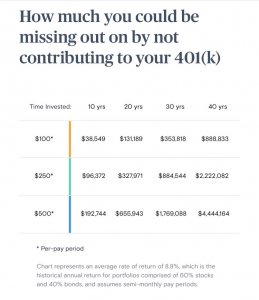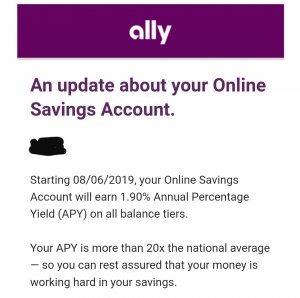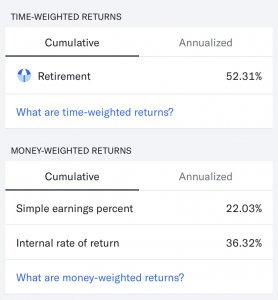Whole life policies are some of the worst investments out there. It's no wonder so many financial planners push them so hard when the commission is about 4x what an equivalent Term policy is. Plus, you'll easily be paying 8-10x less for the same Term coverage.
The worst part is you pay all those extra premiums and they only pay the face value at death and keep the built up cash value.
I think oftentimes, agents are able to foist whole life policies on the uninformed because they sell them on the idea of it as an insurance policy + investment vehicle. To be honest, the latter part of that I don't really understand how it works, but I'm sure it sounds alluring to people who are leery of tossing money away if they get to the end of a term policy and haven't used it.
I mean, its obviously backwards thinking--you don't get mad for paying for car insurance if you don't get into a crash, right?!--but I know that's how a lot of people see it, which is why whole life tempts them.
 . I just barely barely graduated at age 29 but landed a great job. Blessings on top of blessing for reals.
. I just barely barely graduated at age 29 but landed a great job. Blessings on top of blessing for reals.
 . If y'all haven't lived together yet, you do not know if she is wife material yet. Period. I've been with my girl for nearly 4 years now, been living together for 2. I learned more about her in the first 6 months of us living together than the first 2 years of us dating. It will be an eye opening experience, especially since this is the first time both of you have lived independently. You may even grow to like it. But you should NOT be planning for her to be a permanent fixture at this stage.
. If y'all haven't lived together yet, you do not know if she is wife material yet. Period. I've been with my girl for nearly 4 years now, been living together for 2. I learned more about her in the first 6 months of us living together than the first 2 years of us dating. It will be an eye opening experience, especially since this is the first time both of you have lived independently. You may even grow to like it. But you should NOT be planning for her to be a permanent fixture at this stage. 


















